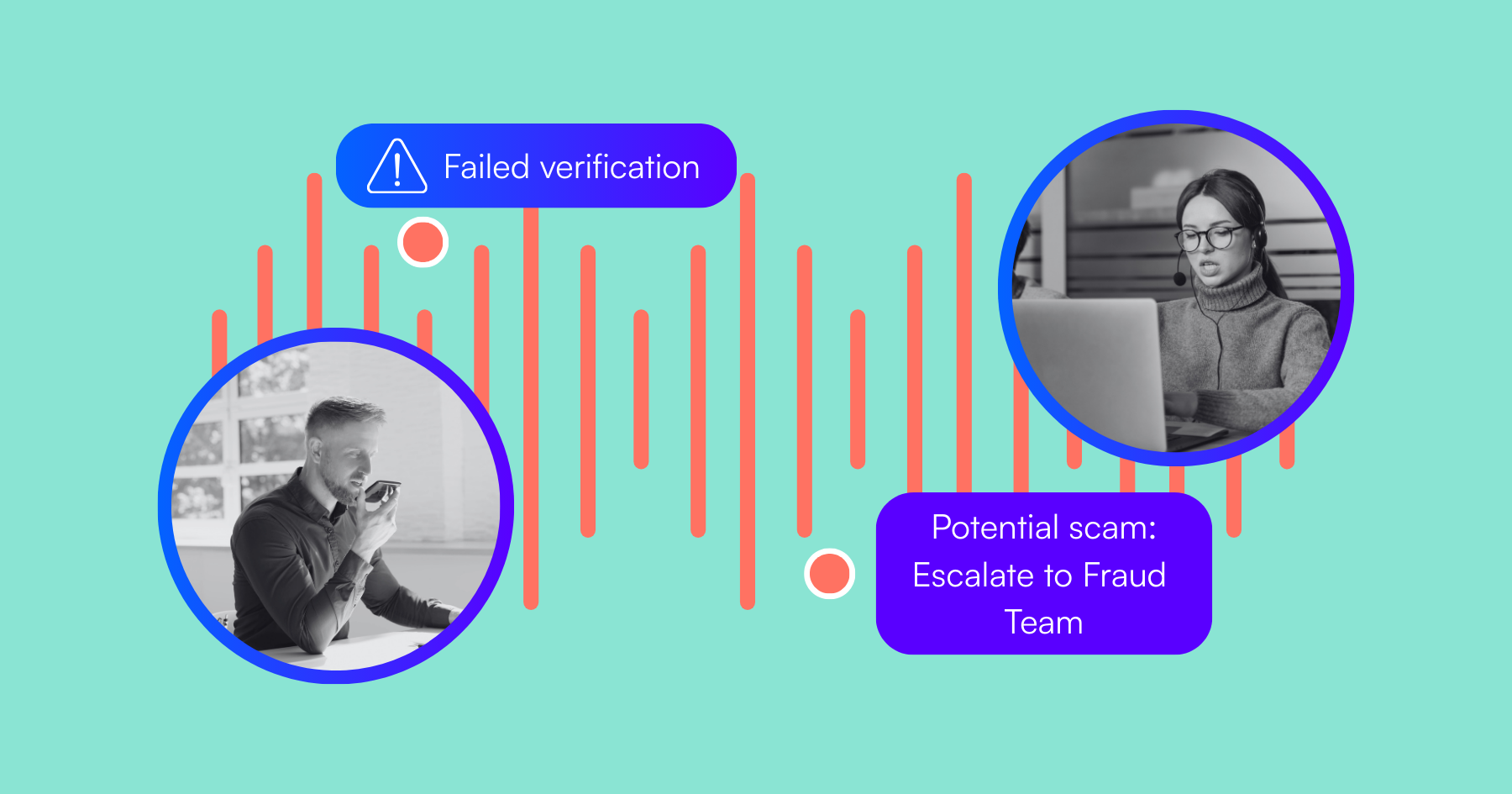Healthcare contact centers serve as the lifeline (and frontline) where many patients first engage with their care providers. However, many healthcare contact centers grapple with persistent issues like long wait times, inconsistent service quality, and high agent turnover. These challenges contribute to nearly 48% of patients reporting dissatisfaction with their call center experience, particularly citing long hold times and a lack of personalized service.
In healthcare contact centers, where scheduling errors or missed patient expectations can delay care or compromise outcomes, leaders must equip agents with the right tools and training to ensure accuracy and speed. But training new agents for complex healthcare conversations is time-consuming, and experienced agents are increasingly difficult to retain. For CX and contact center leaders in the healthcare industry, the question is: How can you equip agents to confidently navigate complex calls, reduce errors, and deliver personalized care—all while managing rising call volumes and agent turnover?
Intelligent guidance—powered by conversation intelligence and real-time agent assist—gives agents the insights and workflows they need to deliver better outcomes. Intelligent guidance not only accelerates agent ramp-up and reduces errors but also lowers agent stress and enhances patient engagement, ultimately boosting call center patient satisfaction.
- Conversation Intelligence analyzes call data post-interaction to identify trends—common agent mistakes, patient pain points, and coaching opportunities.
- Real-Time Agent Assist delivers instant prompts, scripts, and data to agents during calls, reducing cognitive load and increasing accuracy.
Together, these technologies create a closed feedback loop: insights from conversation intelligence refine real-time guidance, and live agent support improves patient outcomes and satisfaction.
Why call center patient satisfaction matters in healthcare
Patient satisfaction in healthcare contact centers is more than a feel-good metric. It directly impacts care adherence, patient loyalty, and even reimbursement rates. Dissatisfied patients often:
- Wait too long or get transferred multiple times, causing frustration
- Receive incomplete or inaccurate information, risking missed appointments or medication errors
- Choose to switch providers, damaging long-term revenue and reputation
With regulations tying a portion of hospital payments to patient experience scores (e.g., HCAHPS), and competition increasing for patients’ attention, leaders must prioritize improving the quality of each call.
Key challenges for healthcare contact centers
Healthcare contact centers are fighting uphill battles against standard call center challenges, as well as challenges specific to the nature of their patient interactions. To put things into perspective, healthcare contact centers often experience call abandonment rates averaging 17%, spiking to 25% during peak periods, reflecting capacity and staffing challenges:
- Agent retention and training: Experienced agents are scarce and expensive to replace. Training new agents to handle complex medical queries safely takes time.
- High call complexity and volume: Calls range from scheduling to urgent triage. Errors or delays can lead to poor clinical outcomes.
- Long hold times and repeat calls: Inefficient workflows and siloed systems cause frustration for patients and agents alike.
- Agent stress and burnout: Without the right support, agents face high pressure and variability in call success.
With agents fielding a wide range of inquiries under pressure, even minor missteps can erode trust and delay care. These conditions contribute to burnout and turnover, undermining service consistency. The result? A feedback loop of patient dissatisfaction and staff attrition.
Addressing these challenges is essential for improving call center patient satisfaction. Intelligent guidance addresses these pain points head-on—reducing errors, shortening calls, and improving service consistency without adding headcount or complexity.
Ramp up new agents faster and more confidently
New agents often struggle with the volume and complexity of healthcare calls. Intelligent guidance provides:
- Step-by-step workflows tailored to different call types (e.g., medication refill, billing questions)
- In-call prompts to ask the right questions and provide accurate information
- Post-call analytics that highlight specific coaching needs and track progress
The result: faster ramp times, fewer escalations, and higher first-call resolution—key drivers of better patient satisfaction.
Reduce agent stress and improve retention
Agent burnout is a significant driver of turnover in healthcare contact centers. Intelligent guidance helps by:
- Reducing the mental load—agents don’t have to memorize every policy or protocol
- Ensuring compliance with HIPAA and care standards through automated checks
- Using conversation intelligence to recognize top performers, enabling positive reinforcement
A supported, confident agent workforce improves service quality and reduces costly attrition.
Improve service delivery with real-time support
Intelligent guidance boosts the overall patient experience by:
- Surfacing patient-specific data (from EHR or CRM) during calls to personalize conversations
- Auto-suggesting knowledge base articles or workflows for complex scenarios like insurance verification or triage
- Identifying root causes of call spikes, long handle times, and repeat contacts through conversation intelligence analytics
- Enabling proactive interventions based on data, improving both efficiency and patient satisfaction
Bringing it all together: The impact of intelligent guidance
When healthcare contact centers integrate real-time guidance and conversation intelligence into a seamless support system, the impact is transformative—for both patients and agents.
With intelligent guidance in place, agents are better equipped to resolve issues on the first call, reducing the need for escalations and follow-ups. Real-time prompts and context-aware support help minimize errors, ensuring agents stay compliant while navigating even the most complex conversations. As a result, calls move faster, patients spend less time on hold, and critical information is captured more consistently.
Operational gains like shorter handle times and fewer errors directly improve the patient experience—building trust and loyalty at scale. For agents, having timely support at their fingertips reduces stress, increases confidence, and leads to stronger engagement—which in turn drives better performance and retention.
Instead of being a point of friction, contact center interactions become a powerful extension of care—turning every call into an opportunity for connection and impact. With intelligent guidance, healthcare organizations can turn many different types of patient interactions into moments and insights that matter.
Learn more about the broader CX advantage of intelligent guidance.
Conclusion
Healthcare contact center leaders face a critical mandate: ensure every patient call is accurate, empathetic, and efficient. Intelligent guidance technology offers a powerful way to meet this challenge—speeding up agent onboarding, reducing stress, improving compliance, and ultimately boosting call center patient satisfaction.
To learn more about how Creovai can help your healthcare contact center deliver safer, more satisfying patient experiences, request a demo.


.png)

